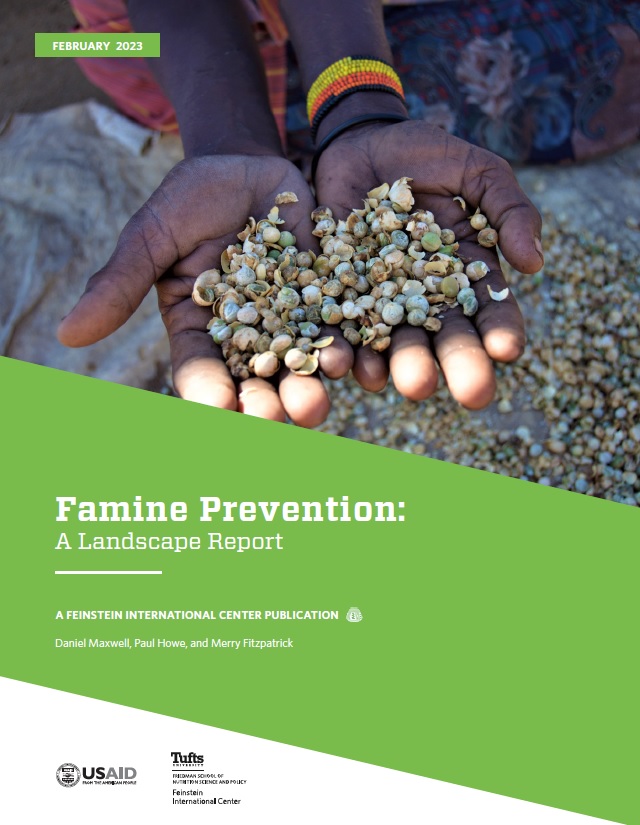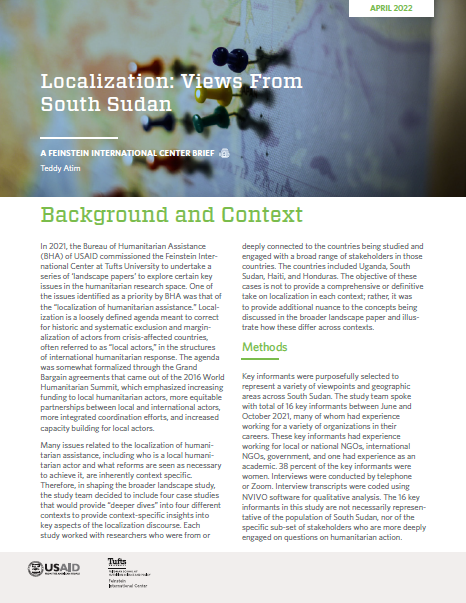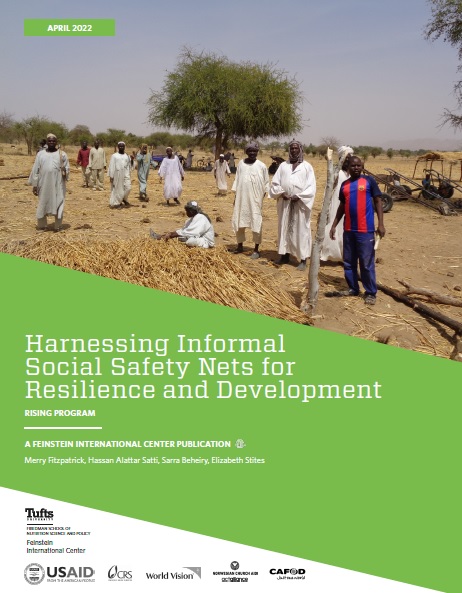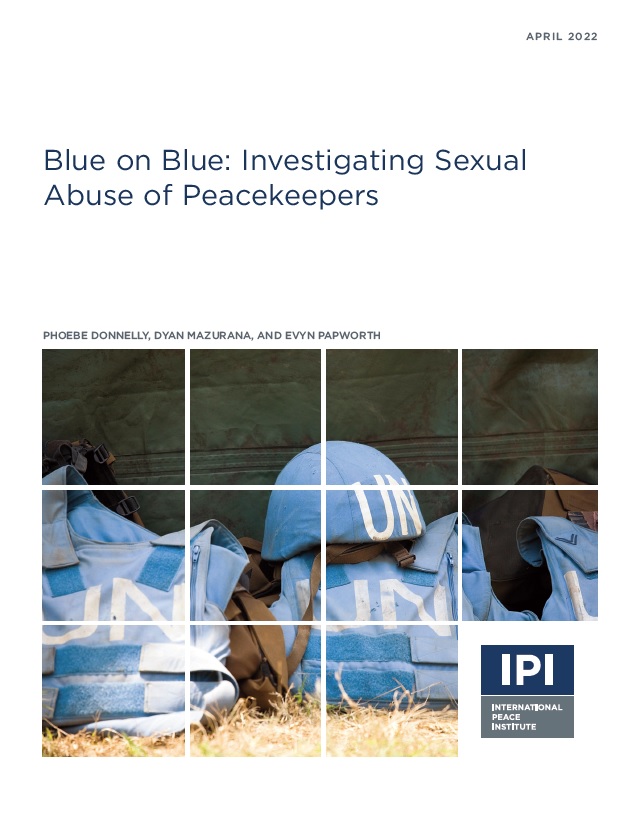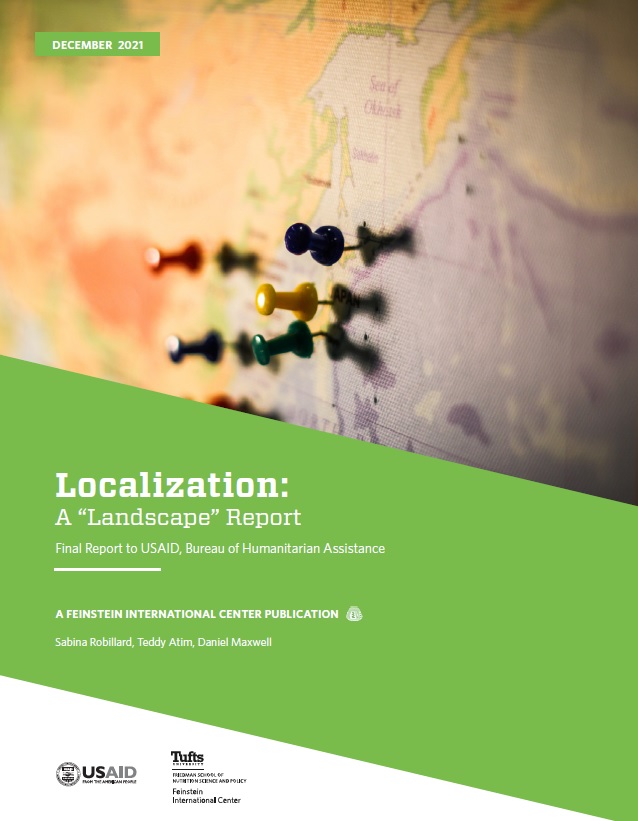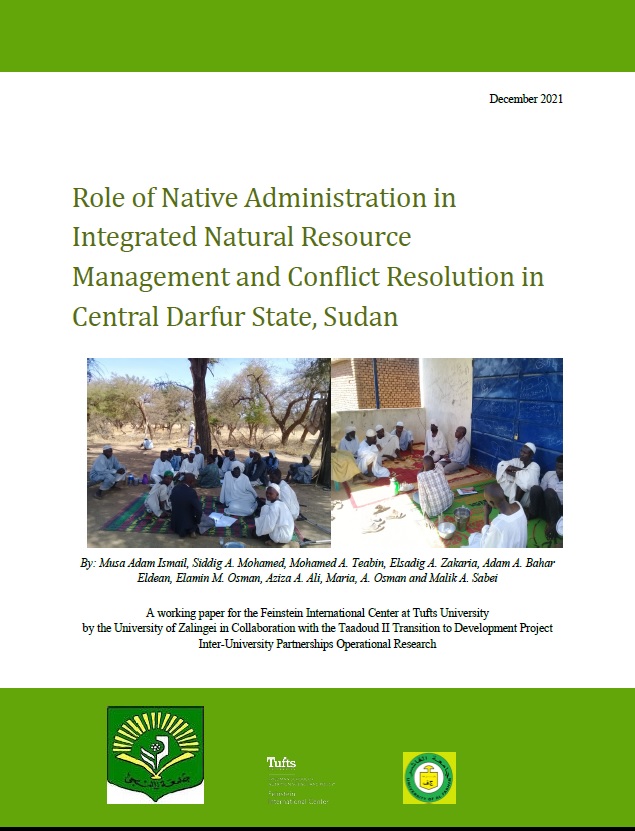The data presented and analyzed by the study in three cases-Afghanistan, Kosovo, and Sierra Leone-offers intriguing and provocative look at the wide-ranging security needs of local communities and the uneven extent to which these are understood and responded to by major international institutions. The voices of local communities are not being heard, much less “privileged”, by outside actors. The dominant voices in transition environments instead are those of peace support operations (PSOs) and assistance agencies (AAs). Even the voice of government is often muffled. Such a disconnect has major implications: if the perceptions of local communities were to be the entry point for outside actor engagement or the benchmark for the effectiveness of international assistance and peace support, a major re-thinking of the ways PSOs and AA’s operate would be required.
Mapping the Security Environment

ASSOCIATED PROJECT
SUBJECTS
PUBLICATION TYPE
LOCATION

RELATED PUBLICATIONS
Four case studies that illustrate how key concepts related to the localization of humanitarian action differ across contexts.
•
This report reveals that sexual abuse is a major threat to uniformed peacekeepers, especially women. The UN and troop- and police-contributing countries have not adequately responded to the issue.
•
This landscape study about localization examined the literature and spoke to over five dozen key informants from different perspectives, positions, and countries across the humanitarian sector.
•

